He had been quietly playing by himself as his grandmother talked to the strangers. But we had made eye contact. He wanted to make friends, and a smile spread over his face as I approached. Suddenly he ran. I knew kids well enough to recognise that this was not a hide and seek game. There was fear in his eyes. He had seen the camera in my hands.
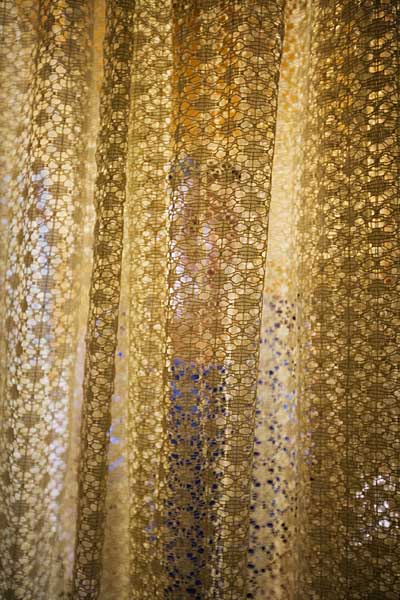 One of the witnesses, a grandmother in Sisak, who did not want to be recognisable. April 9, 2008. Sisak. Shahidul Alam/Amnesty Internatioanl/Drik/Majority World
One of the witnesses, a grandmother in Sisak, who did not want to be recognisable. April 9, 2008. Sisak. Shahidul Alam/Amnesty Internatioanl/Drik/Majority World
His grandmother had told us that she must not be recognisable in the photographs. Others we were interviewing had agreed to be photographed, but she didn’t feel safe. Her grandson also knew the danger of being recognisable in this war torn land.
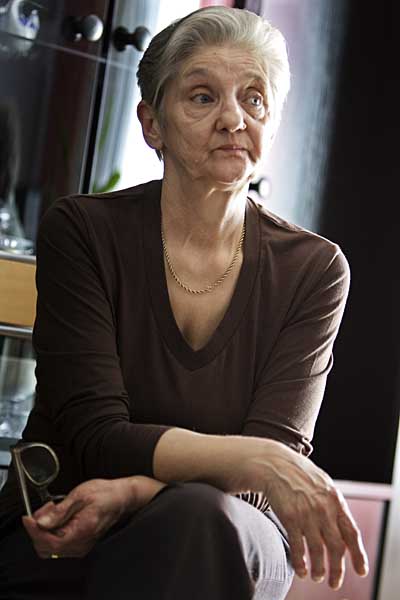 Jasna Borojevic talking to Irene Khan in Sisak, She was a Croat. Her husband had been Servian. April 9. 2008. Shahidul Alam/Amnesty Internatioanl/Drik/Majority World
Jasna Borojevic talking to Irene Khan in Sisak, She was a Croat. Her husband had been Servian. April 9. 2008. Shahidul Alam/Amnesty Internatioanl/Drik/Majority World
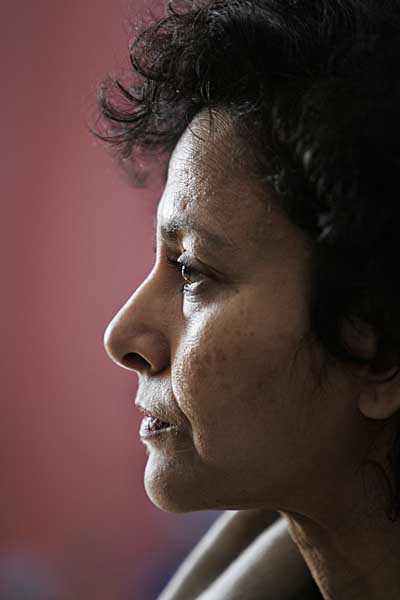
Irene Khan talking to Jasna Borojevic. Shahidul Alam/Amnesty Internatioanl/Drik/Majority World
It was my first trip to Croatia, and while I was hoping to meet my old friend Sasa, I hadn’t quite expected someone to sneak up on me at the main square in Zagreb. It was a long warm hug. We hadn’t seen each other for a very long time. Excusing myself from my colleagues at Amnesty International, Sasa and I went out walking into the cool spring night. He had found love in Iraq, and she had followed him to Croatia. I had heard of Cyrille, but we had never met. She soon joined us at the restaurant, dragging two other friends along. “You two look like lovers” she told us with a disarming smile. Sasa and I had known each other for many years. We first met in Jakarta where I was running a workshop for World Press Photo. We had later met in Kuala Lumpur and Geneva, and he had even come over to teach at Pathshala, but we had never met in his home town. He had offered to drive me over when I had gone for a short trip to Belgrade, but visas for Bangladeshis were never easy to get. Even on this trip, Irene Khan the secretary general of Amnesty International had visa problems because of her ‘green’ passport. It had taken Sasa and I many years to find a way to walk together on the cobbled streets of Zagreb.
The conversation took us to his island where he now raised goats. To China where the two of them were going to teach photography. To his war wounds, and how his body was failing him. I had an early start for Sisak the following day and we parted reluctantly.
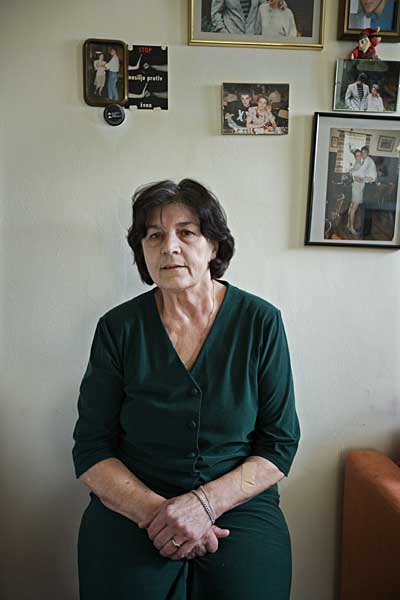 Vjera Solar in Sisak, with portraits of her Croatian daughter and her Serbian boyfriend. Her daughter was killed. April 9. 2008. Shahidul Alam/Amnesty Internatioanl/Drik/Majority World
Vjera Solar in Sisak, with portraits of her Croatian daughter and her Serbian boyfriend. Her daughter was killed. April 9. 2008. Shahidul Alam/Amnesty Internatioanl/Drik/Majority World
Sisak brought the memories of “1971” flooding back. The disappearances, the not knowing, the guilt. Croat Jasna Borojevik would always wonder whether she should have asked her Serbian husband to leave her, knowing that he was in danger. Perhaps she should have risked losing him, knowing that he might have lived. Viera Solar moved the photograph of her daughter and her Serbian boyfriend to the wall where she was sitting. She wanted the photograph of the handsome dancing couple to be included in my photograph. She broke down in tears as she spoke to Irene, but steeled herself to serve us bread and cheese. The grandmother of the scared boy had lost a son. She had her grandson to look after, and while she was eager to tell her story, she was still scared. Being photographed was dangerous.
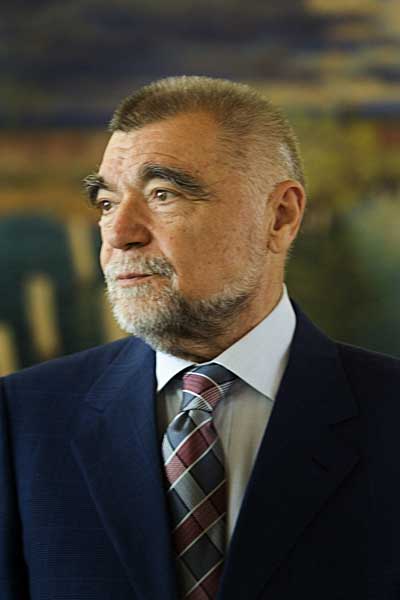 Stjepan Mesi president of Republic of Croatia. Shahidul Alam/Amnesty Internatioanl/Drik/Majority World
Stjepan Mesi president of Republic of Croatia. Shahidul Alam/Amnesty Internatioanl/Drik/Majority World
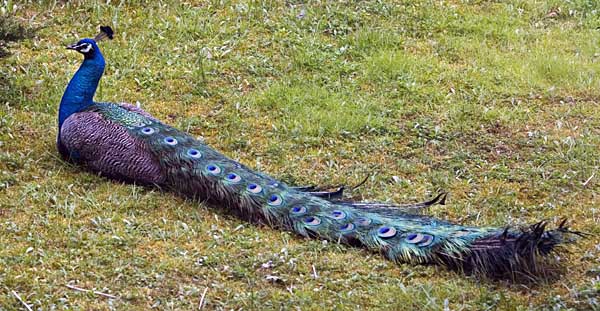 Peacock in the gardens of the presidential palace. Shahidul Alam/Amnesty Internatioanl/Drik/Majority World
Peacock in the gardens of the presidential palace. Shahidul Alam/Amnesty Internatioanl/Drik/Majority World
The trip through the wooded lanes to the President’s office in the morning and photographing him and the peacocks in his manicured garden, turned out to be more interesting than expected, but I rushed to go online to check if the Guardian piece on our “1971” exhibition, on war of liberation, had come out. That too had it’s share of killings, disappearances, de-humanisation. Dodi and Diana had bumped us off on Tuesday when it had been scheduled to come out. The mail from Mark at Autograph confirmed that we had four pages in the printed version. As I explained this to my Amnesty colleagues they asked me about the history of our war. David constantly asked what the motive had been. As we had dinner at Sasa’s parent’s house, I asked Sasa the same question. Yes he said. Some politicians won. Some opportunists made money. But the atrocities on both sides, meant homes were shattered. Lives broken. Nations destroyed. Minds fractured. I recall the woman who wanted to know what had happened to her husband “So I can place flowers on a grave and mourn”, she had said. I remember the fear on the little child’s face as he saw my camera, and wonder if one ever really wins a war.




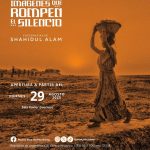
Leave a Reply
You must be logged in to post a comment.